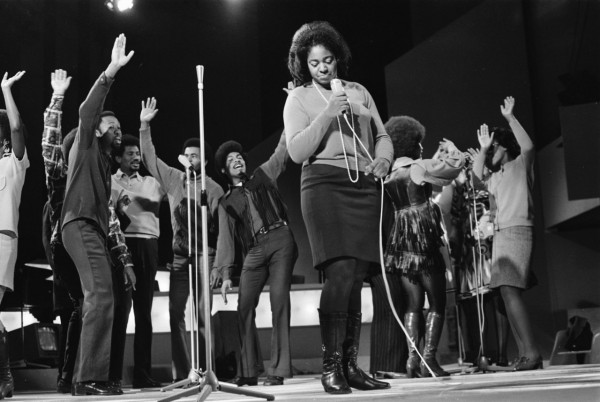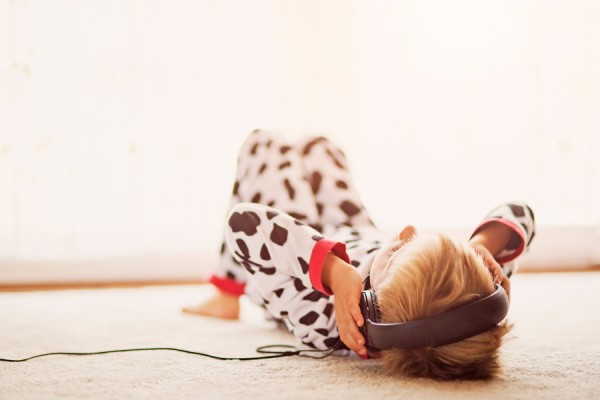It’s time for those with anxiety problems to sing those blues away
Songs have been used since time immemorial to entertain and inform people. They have recorded human dilemmas and conditions and acted as subjective cures. Now, we have concrete scientific evidence of music’s role in treating one of more common life problems: anxiety.
The ‘Feel Good’ factor
Singing songs we like stimulates the release of endorphins, our body’s ‘feel good’ chemical. It imparts the person a general sense of well-being and satisfaction. This is why, in a 2008 Australian academic report, choral singers reported a greater degree of happiness than general, even though some of their problems were more urgent.

Straight off the self
One of the biggest causes of anxiety is a depleted sense of self. Singing a song in front of an audience is an easy shortcut to feeling accepted and applauded. It makes anxious people feel confident in their abilities within a social context, alleviating their fears to a certain extent.
Every breath you take
Being a good singer means being able to modulate your voice in time with rhythm. It requires slow, conscious breathing to execute, which is the hallmark of all meditation techniques. It relaxes the muscles and eases out stress, lessening the chances of an anxiety attack.

Exercise those feelings
Anxiety can also be linked to certain unresolved emotions. The resolution that these emotions need can only come about from voicing it. And what better way to voice emotions than through a song? Just like minstrels wailing out the blues, or nihilists belting out punk rock, music can be a gateway into understanding your own trials and tribulations.

Anxiety is not easily cured. But, with music as a therapeutic accessory, those who are anxious have a medium to connect with the world again and feel adequate. And the best part? There is almost no drawback to singing your lungs out.



